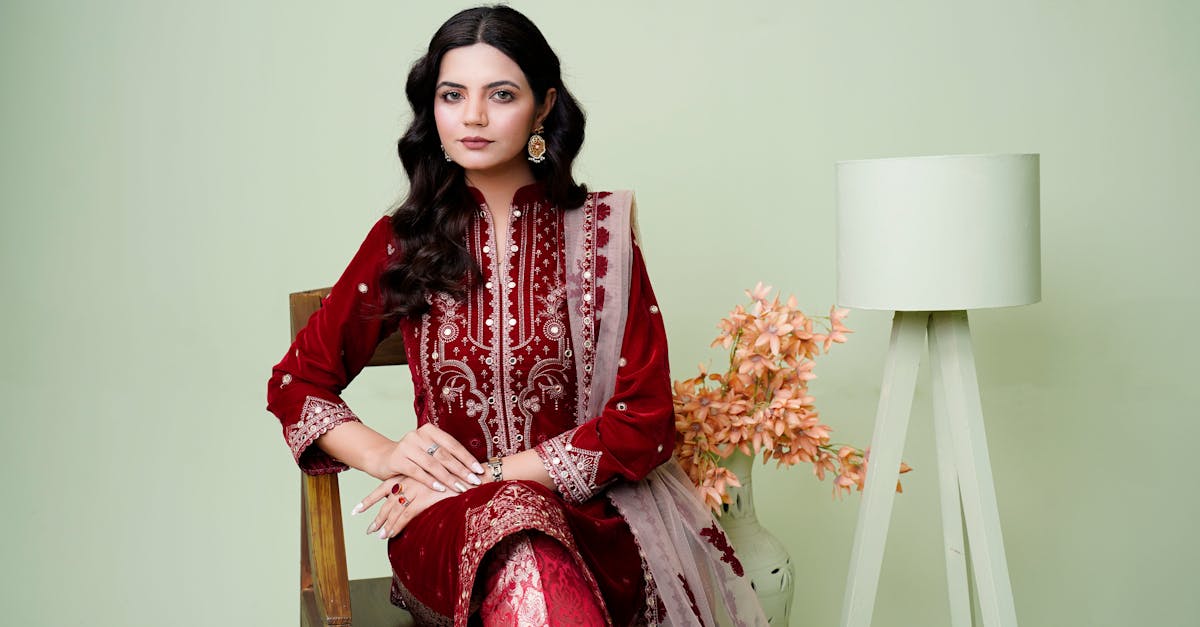Mindful Fashion Awakening
Introduction
In the modern fashion landscape, a shift known as the Mindful Fashion Awakening is gaining momentum. This movement emphasizes sustainable practices, aiming to reduce environmental impact and promote ethical production methods. The growing awareness of fashion's ecological footprint has driven both consumers and producers to seek greener alternatives. But what exactly defines mindful fashion, and how can one participate in this global trend? From eco-friendly materials to transparent supply chains, the mindful fashion movement is revolutionizing the industry. As more individuals recognize the importance of sustainable choices, the potential for a greener future becomes increasingly attainable.
Advertisement
Understanding Mindful Fashion
Mindful fashion is rooted in sustainability, focusing on minimizing harm to the environment. This approach encompasses the entire lifecycle of a garment, from sourcing materials to the eventual disposal. By considering these stages, mindful fashion aims to mitigate negative impacts such as pollution and resource depletion. It promotes the use of organic fibers, plant-based dyes, and recycled materials, ensuring that the production process sustains rather than exploits natural resources. This methodology not only prioritizes ecological integrity but also advocates for fair labor practices and animal welfare.
Advertisement
The Rise of Eco-Friendly Materials
The mindful fashion movement has propelled the demand for sustainable fibers and materials. Organic cotton, bamboo, and hemp have become popular alternatives to conventional textiles due to their minimal environmental impact. These materials require fewer chemicals, less water, and result in reduced soil degradation. Similarly, innovations like Tencel—a fabric made from wood pulp—offer eco-friendly options that maintain high quality and comfort. By incorporating these sustainable materials, the fashion industry aims to lower its carbon footprint while maintaining stylistic standards.
Advertisement
Transparency in Fashion Supply Chains
Transparency is a cornerstone of the mindful fashion industry, where producers strive to create open and accountable supply chains. This involves providing consumers with information about where and how products are made. Ethical brands disclose details like labor conditions, sourcing methods, and production locations, allowing consumers to make informed purchasing decisions. By championing transparency, the industry encourages responsible consumerism and fosters trust between brands and buyers. This open approach challenges traditional models and reshapes consumer-brand relationships.
Advertisement
The Role of Ethical Consumerism
Ethical consumerism is a driving force behind the mindful fashion awakening. Shoppers are increasingly opting for brands that commit to sustainable and ethical practices, even if it means paying a premium. By supporting such brands, consumers are voting with their dollars, signaling the demand for more responsible production. This conscious choice helps steer the industry towards better practices, urging brands to adopt sustainable measures. Empowered by knowledge, consumers can challenge the status quo, pushing for transparency, fairness, and environmental stewardship.
Advertisement
Challenges Facing Mindful Fashion
Despite its growing popularity, mindful fashion faces several challenges, ranging from cost implications to scalability issues. Sustainable materials and eco-friendly production processes often come at higher costs, which can discourage widespread adoption. Additionally, scaling sustainable practices to meet global demand poses logistical complexities. Overcoming these hurdles requires collaborative efforts among industry stakeholders, governmental support, and continued innovation. Addressing these challenges is crucial for the movement's long-term success and broader acceptance.
Advertisement
Innovations Fueling the Movement
Innovation plays a crucial role in advancing mindful fashion, as technology drives new solutions for sustainability. From circular fashion initiatives like clothes rental services to technological advancements in biodegradable materials, these innovations are reshaping the industry. Designers are exploring 3D printing and zero-waste pattern cutting to minimize fabric waste and enhance efficiency. These advancements reflect the industry's commitment to continuous improvement, paving the way for a more sustainable future in fashion.
Advertisement
Balancing Aesthetics with Ethics
For consumers, maintaining fashion aesthetics while adhering to ethical standards is paramount. The mindful fashion movement understands the importance of style and embraces creative design approaches to merge aesthetics with sustainability. Brands are now creating stylish and contemporary pieces without compromising ethical values, allowing consumers to express their fashion sense responsibly. By blending fashion-forward designs with conscious materials and fair trade practices, the industry proves that ethical fashion can also be trendsetting.
Advertisement
Community and Education
Community engagement and education are central to advancing mindful fashion principles. Workshops, online forums, and collaborations with influencers help spread awareness of sustainable practices. By educating consumers about the impact of their purchasing decisions, industry stakeholders foster a culture of sustainability. Programs that encourage upcycling or host clothing swaps enable individuals to practice mindful fashion personally. Collectively, these initiatives empower individuals to actively participate in the movement, promoting positive change in style-consumption habits.
Advertisement
Conclusion
The Mindful Fashion Awakening is not merely a trend—it's a transformative shift shaping the future of the industry. This movement emphasizes sustainability, transparency, and ethics, challenging conventional fashion models. As more consumers prioritize mindful choices, brands are urged to adopt greener practices, creating a positive ripple effect. While challenges remain, continued innovation and community engagement promise progress toward a more sustainable fashion industry. By embracing mindful fashion, individuals can contribute to a healthier planet while enjoying stylish and ethical products.
Advertisement








